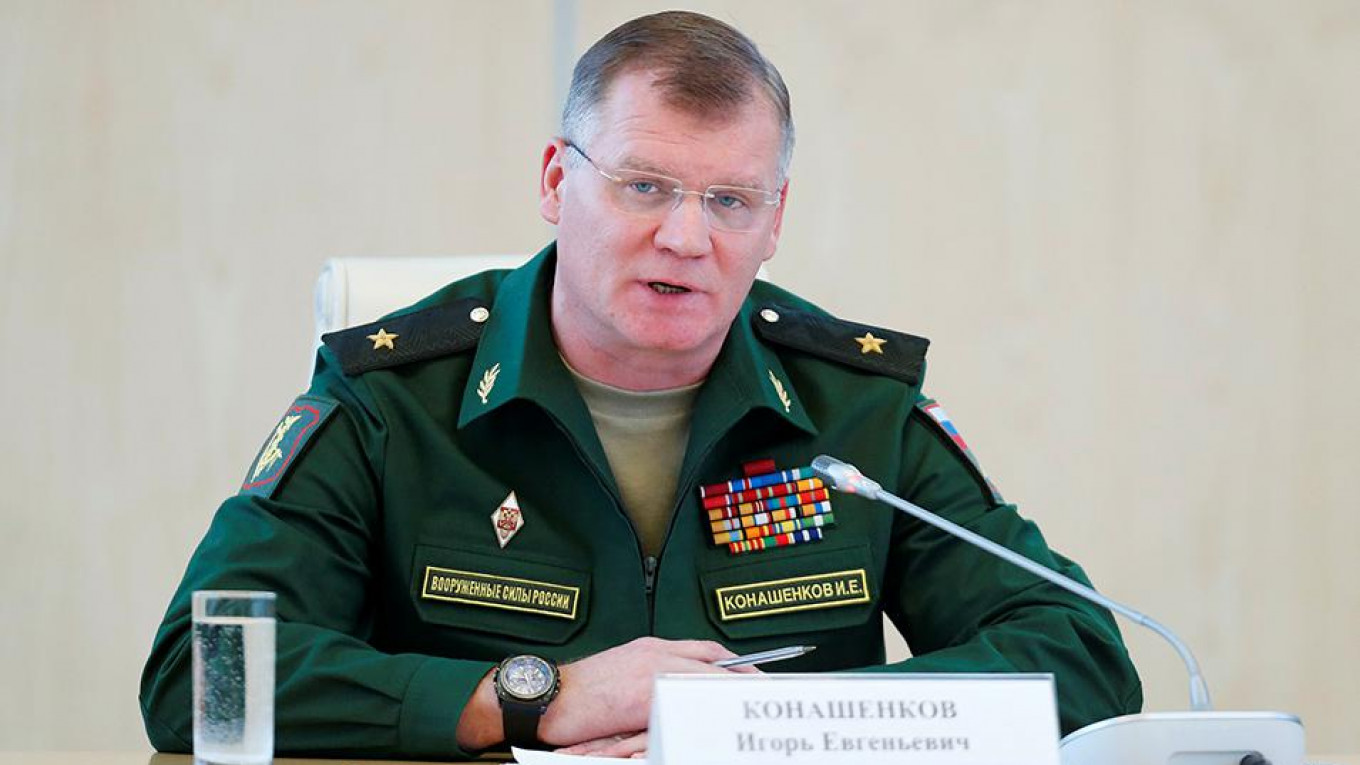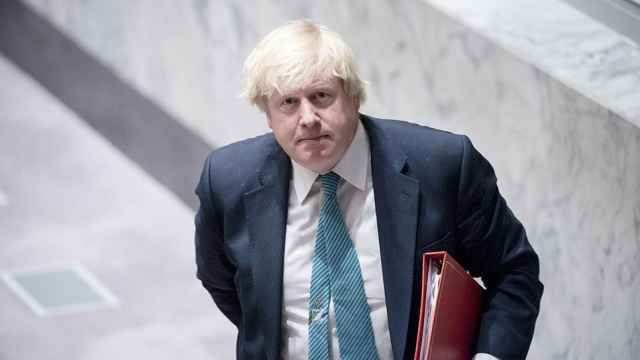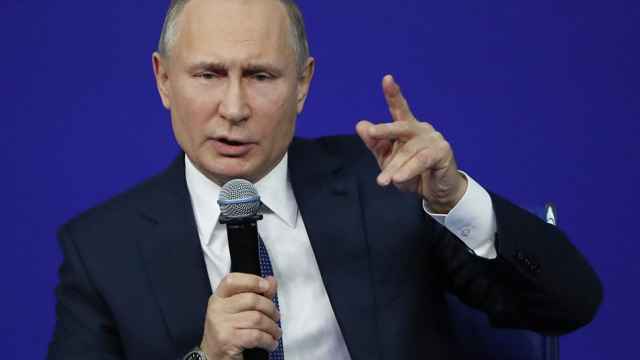Russia's Defense Ministry has hit back at its British colleague for telling Moscow to "shut up" in response to the expulsion of Russian diplomats over the poisoning of a former spy.
British Prime Minister Theresa May has given the 23 diplomats until next Wednesday to leave the country following the March 4 poisoning of double agent Sergei Skripal and his daughter that London blames on Moscow. Britain’s Defense Secretary Gavin Williamson made headlines on Thursday, telling Russia to "go away and shut up” after the expulsion of the diplomats.
"[Williamson's comment] perfectly characterizes the degree of his intellectual impotence," Russia's Defense Ministry spokesman Major-General Igor Konashenkov said in a statement cited by the RBC business portal Thursday.
"All this confirms not only the worthlessness of London's accusations against Russia that we have been hearing for the past few years, but also the total worthlessness of the 'accusers' themselves," he charged.
He went on to say that “boorish comments” were the only things left “in the arsenal of her majesty’s armed forces.”
Konashenkov is known for his colorful comments, which often invoke pop culture references, and has already sparred with Williamson earlier this year when he called the minister’s warning about a Russian threat against British infrastructure worthy of a Monty Python sketch, The Times reported.
Foreign Minister Sergei Lavrov seized on Konashenkov's observation, speculating that Williamson made the comments because he was "not educated enough."
"Perhaps he wants to make history with bold statements," Lavrov said in remarks during a press conference on Friday.
Meanwhile, the Russian Embassy in the U.K. tweeted that Williamson's "frankness [is] appreciated."
A Message from The Moscow Times:
Dear readers,
We are facing unprecedented challenges. Russia's Prosecutor General's Office has designated The Moscow Times as an "undesirable" organization, criminalizing our work and putting our staff at risk of prosecution. This follows our earlier unjust labeling as a "foreign agent."
These actions are direct attempts to silence independent journalism in Russia. The authorities claim our work "discredits the decisions of the Russian leadership." We see things differently: we strive to provide accurate, unbiased reporting on Russia.
We, the journalists of The Moscow Times, refuse to be silenced. But to continue our work, we need your help.
Your support, no matter how small, makes a world of difference. If you can, please support us monthly starting from just $2. It's quick to set up, and every contribution makes a significant impact.
By supporting The Moscow Times, you're defending open, independent journalism in the face of repression. Thank you for standing with us.
Remind me later.






